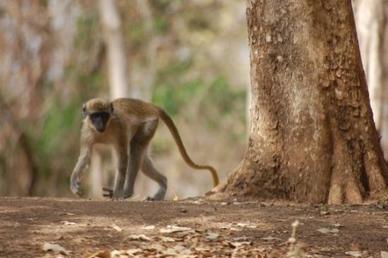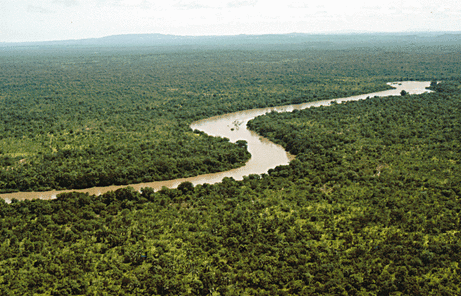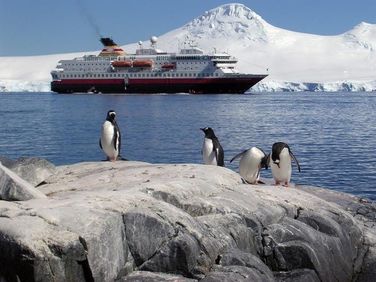Niokolo-Koba National Park is located in the Sudano-Guinean. It is characterized by its ecosystems typical of the region. Watered by large waterways it compromises gallery forests, grass floodplains, ponds, dry forests, rocky slopes, and hills. The plant diversity influences the large population of wildlife including: antelopes, chimpanzees, lions, leopards, elephants, and many birds, reptiles, and amphibians.
Preserve and Protect:
Collaborate:
Preserve and Protect:
- The park is managed by a management administration under the direct supervision of the State through the Ministry of Environmental and Nature Protection and the National Parks Directorate. The property does have many flaws though, there are many cases of poaching, bush fires, premature drying up ponds and invasion of plants. Due to the poor soil it does affect the agriculture and the livestock that lives within the park. In order to keep the land safe and to keep blossoming they need to stop the poaching, monitor the grounds better, and also try and start a plan to help the endangered animals survive.
Collaborate:
- The park would be very successful if they did start implementing plans on furthering the endangered species and to help these animals expand. They have many animals that are on the endangered species list and they need to make a plan to help keep these animals safe from poachers and also find a plan to help grow the population of these animals. They do need to pass a law in which keeps this land safe from harm, and make a policy in which national security can help the wildlife and agriculture grow without harm.



 RSS Feed
RSS Feed